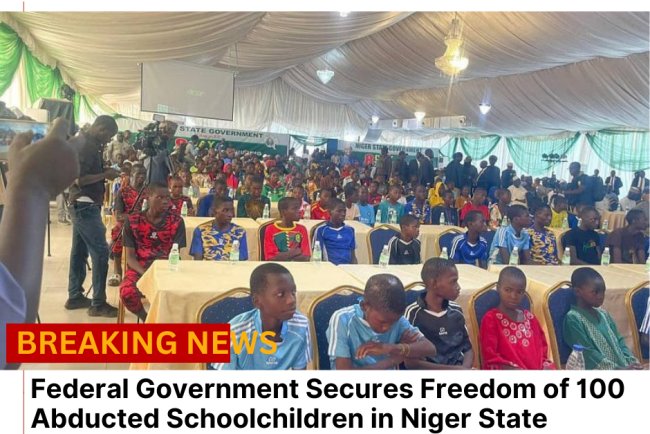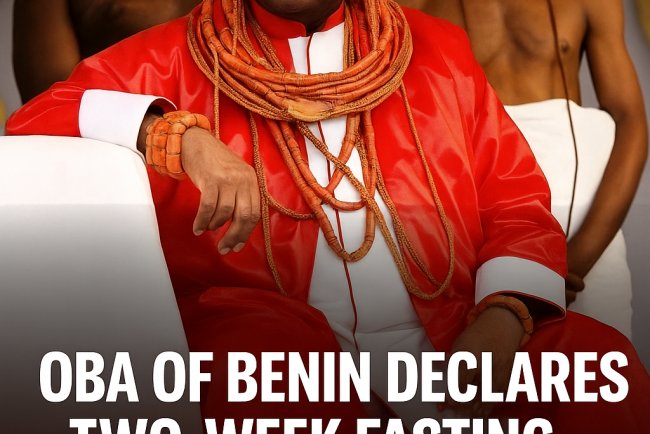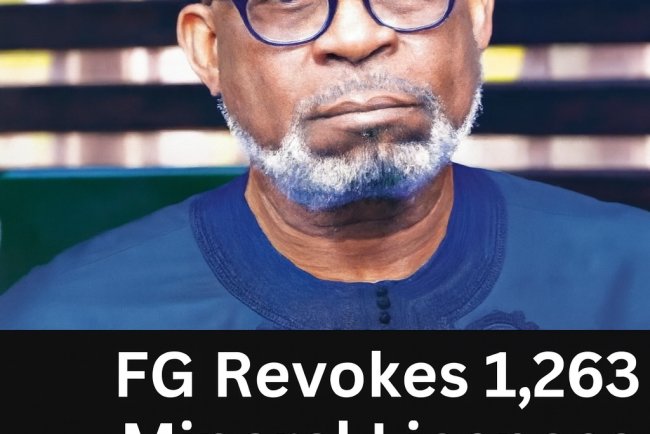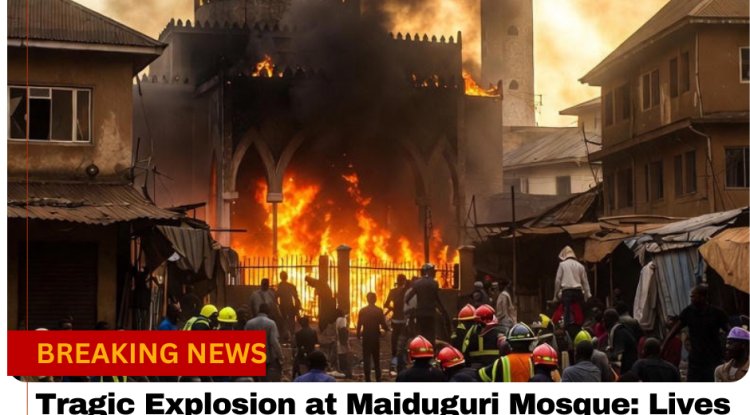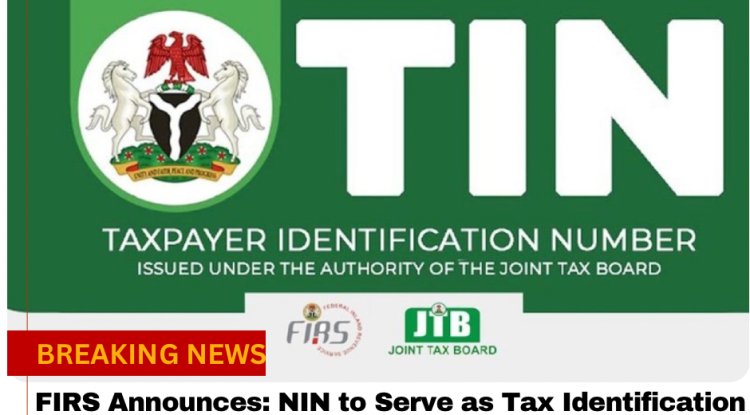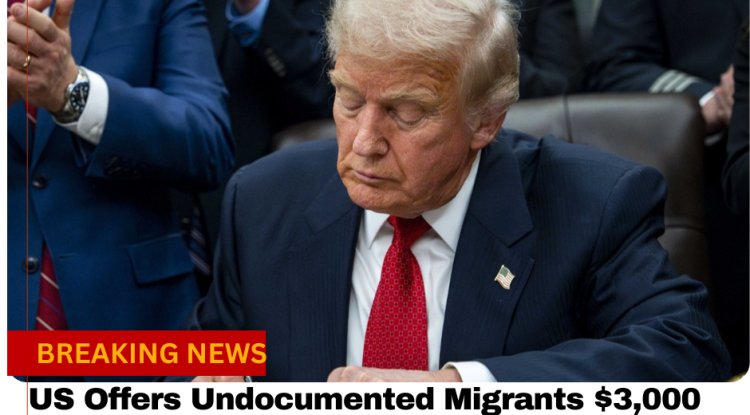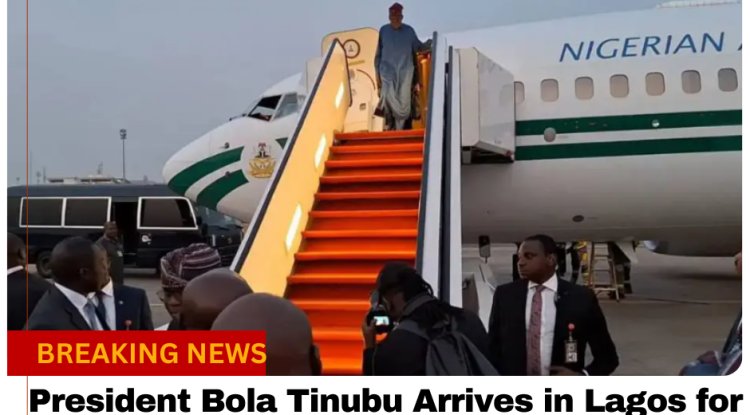Boko Haram Wanted Buhari to Negotiate Peace ~Goodluck Jonathan
Former President Goodluck Jonathan revealed that Boko Haram once chose Muhammadu Buhari as a peace negotiator during his tenure, a claim made at a 2025 book launch in Abuja.
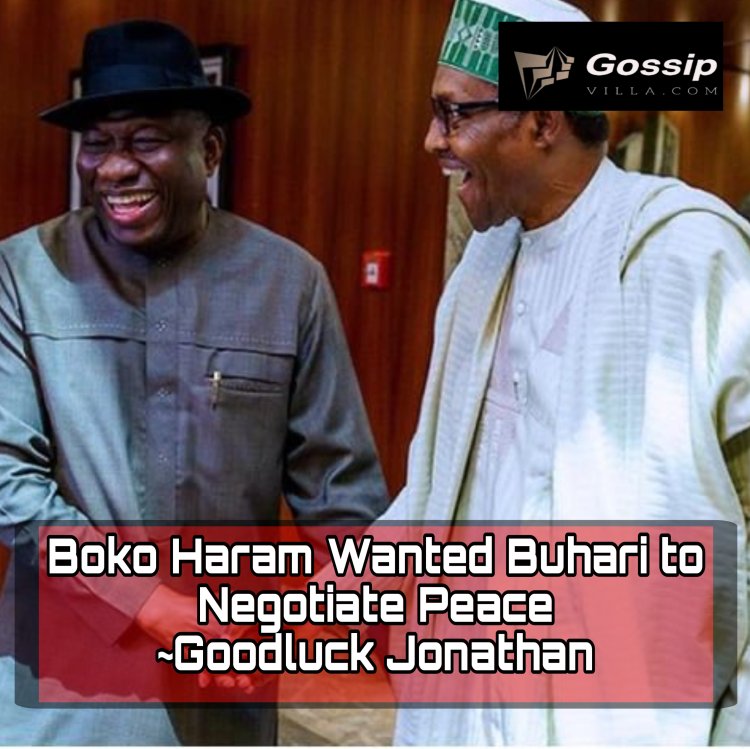
Boko Haram Wanted Buhari to Negotiate Peace
~Goodluck Jonathan
Former Nigerian President Goodluck Jonathan recently shared a surprising claim: during his time in office (2010-2015), the Boko Haram terrorist group once picked Muhammadu Buhari—then a retired general and opposition leader—to help negotiate peace with the government. Jonathan made this statement on October 3, 2025, at a book launch in Abuja for Scars: Nigeria’s Journey and The Boko Haram Conundrum by retired General Lucky Irabor. The revelation has sparked debate, with some calling it a fresh twist in Nigeria’s long fight against the insurgency, while others dismiss it as old news or political spin.
What Jonathan Said
Speaking at the event, attended by top figures like the Sultan of Sokoto and Bishop Matthew Kukah, Jonathan reflected on his efforts to end Boko Haram’s violence through dialogue, not just military action. He said his government set up committees to talk with the insurgents, and in one instance, Boko Haram named Buhari as their choice to lead negotiations. Jonathan expressed disappointment that, despite this, Boko Haram remained a threat even after Buhari became president in 2015. “I thought Buhari would end it quickly,” he said, noting the group’s staying power. He also mentioned the 2014 Chibok schoolgirls’ kidnapping as a painful mark on his presidency.
Jonathan urged current President Bola Tinubu’s administration to combine tough military action with smarter strategies, like cutting off the group’s weapons supply, which he suspects comes from outside Nigeria.
The 2012 Context
The claim traces back to 2012, when a Boko Haram faction in Maiduguri suggested Buhari and other northern leaders as mediators during a press conference. At the time, Buhari, who was running against Jonathan in elections, rejected the idea. His political party, the Congress for Progressive Change (CPC), called it a trick by Jonathan’s People’s Democratic Party (PDP) to make Buhari look bad. Boko Haram’s main leader, Abubakar Shekau, also denied the faction’s authority, saying they didn’t speak for him. In 2014, the group even tried to assassinate Buhari in a Kaduna bomb attack, showing their hostility toward him.
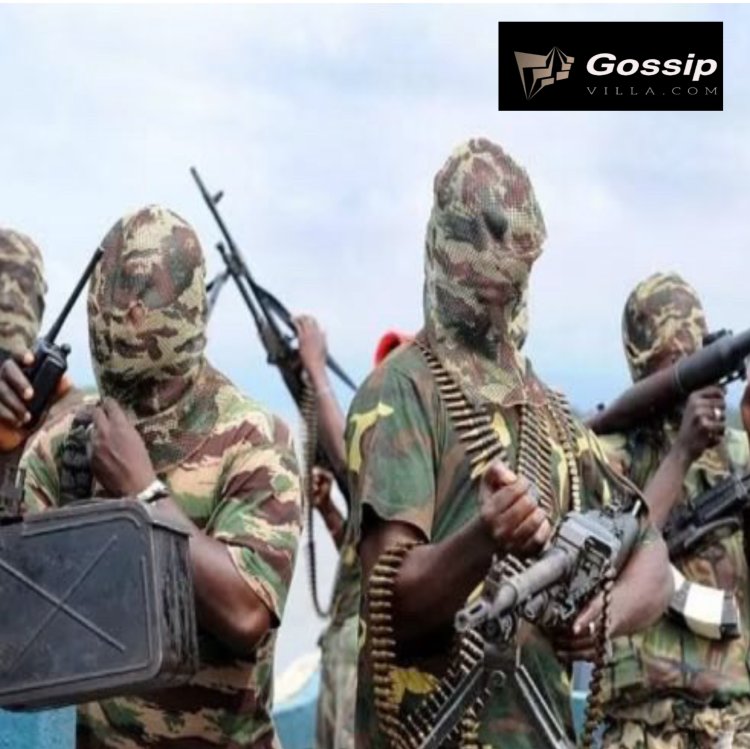
Backlash and Denials
Jonathan’s comments didn’t sit well with everyone. Garba Shehu, Buhari’s former spokesman, called the story “false” and accused Jonathan of stirring up trouble for political gain, possibly eyeing a 2027 election run. Shehu insisted Boko Haram’s core leaders never backed Buhari as a negotiator—only a breakaway group did, and they were quickly disowned.
Why It Matters
This story highlights how tricky it was, and still is—to deal with Boko Haram. The group’s internal splits made peace talks hard, and Nigeria’s political rivalries didn’t help. Even today, Boko Haram and its offshoot, ISWAP, continue attacks in the northeast, despite years of military efforts. Jonathan’s point was clear: fighting terrorism needs more than guns—it needs strategy, trust, and tackling root causes like poverty and arms smuggling.
Looking Ahead
Jonathan’s claim, whether fully accurate or not, reminds Nigeria of its ongoing struggle. He called for documenting these experiences, like those of Boko Haram survivors, to learn from the past. As Tinubu’s government pushes new security plans, this episode shows that peace requires both strength and smart dialogue.
News Sources
What's Your Reaction?







